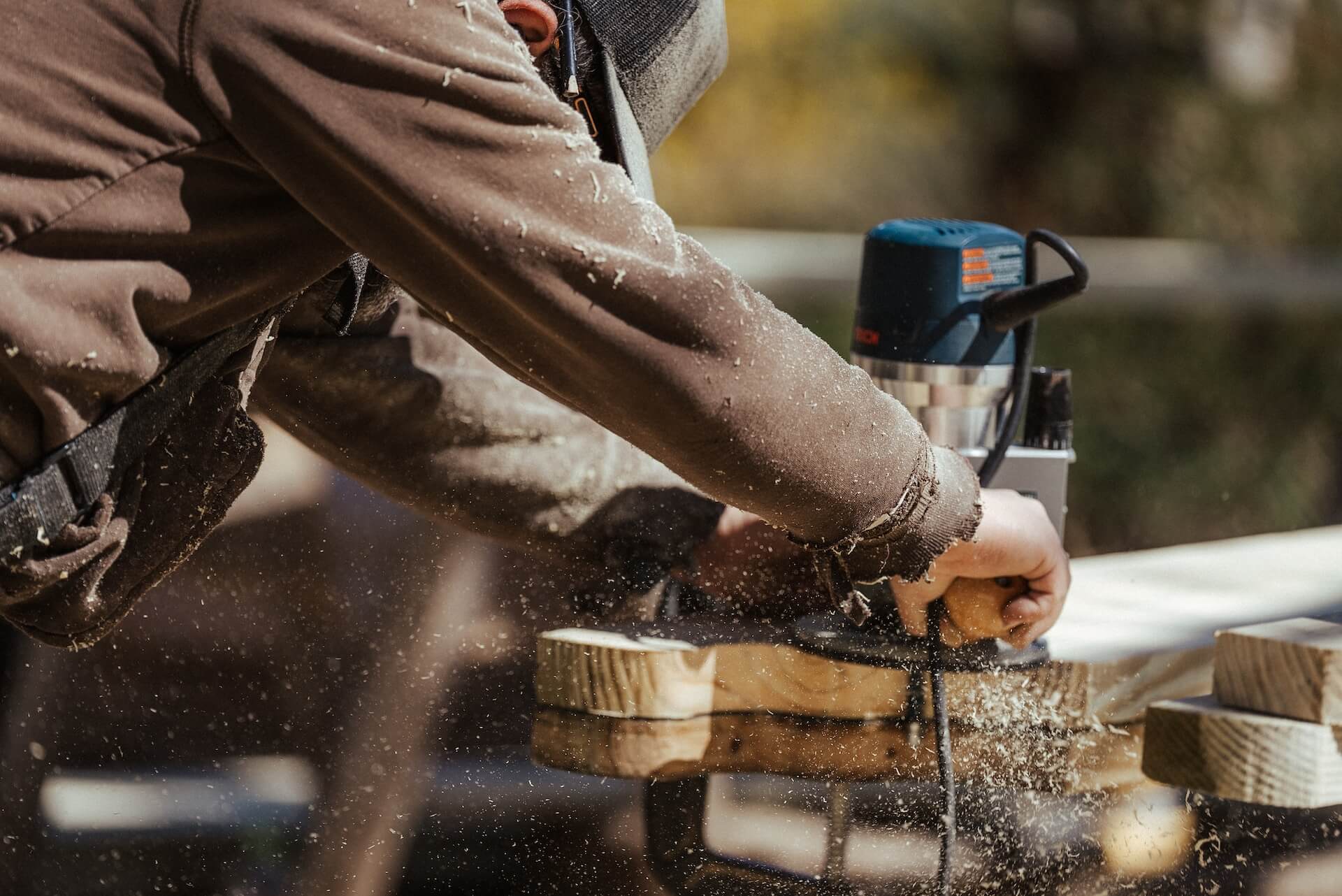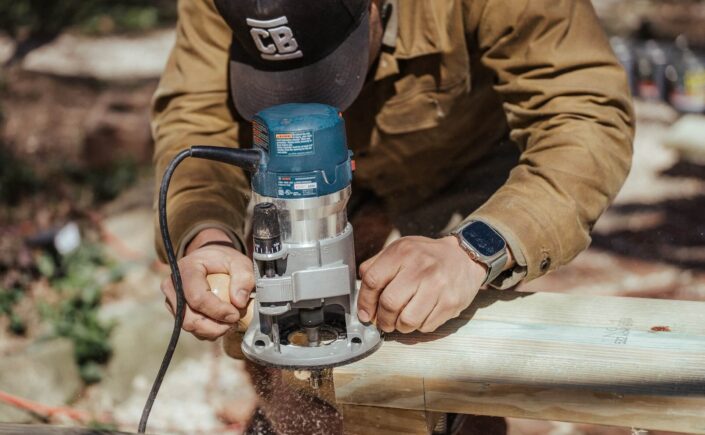A handyman is a person skilled in a wide range of repairs, typically around the home. These tasks include trade skills, repair work, and maintenance work, both interior and exterior, and are sometimes described as “side work”, “odd jobs” or “fix-up tasks”.

What does a handyman do in UK
In the United Kingdom, a handyman performs a range of tasks including small-scale household repairs and improvements. This can include broad jobs, from simple tasks like changing light bulbs, assembling flat-pack furniture, and fixing leaking taps, to more complex tasks like painting and decorating, basic carpentry, or garden maintenance. Quite often in North London, property maintenance does the same job as Handy Man.
List of jobs Handyman can not do
While a handyman can do many types of jobs, there are certain tasks that typically require a licensed professional due to their complexity, potential for danger if done incorrectly, or because of legal regulations. The specifics can vary depending on local and national laws, but here are some jobs that often require a licensed professional:

- Major Electrical Work:
- Major Plumbing Work
- Structural Changes
- Gas Appliances
- HVAC System Installation or Major Repair
Major Electrical Work
While a handyman might be able to change a light fixture or outlet, most major electrical work requires a licensed electrician. This can include adding new electrical circuits, major electrical repairs, or any work on the main electrical panel.
Major Plumbing Work:

Similar to electrical work, a handyman can probably handle minor plumbing repairs like fixing a leaky faucet, but major plumbing work like rerouting pipes, installing new sewer lines, or any work related to the main sewer line typically requires a licensed plumber.
Structural Changes:
If you need to make changes to the structure of a building, such as removing or adding walls, this usually requires a licensed contractor or structural engineer. This kind of work can impact the integrity of the building and needs to be done correctly.
Gas Appliances:
Any work involving gas appliances or gas lines should be done by a licensed professional. This is both for safety reasons and because in many places it’s illegal for anyone who isn’t licensed to work on gas lines.
HVAC System Installation or Major Repair:
Installing or repairing heating, ventilation, and air conditioning systems usually requires a licensed HVAC contractor. These systems are complex and if they’re not installed or repaired correctly, it can be both dangerous and expensive to fix.
Roofing:
While a handyman might be able to handle minor roof repairs, installing a new roof usually requires a licensed roofer.
Asbestos Removal:
This is a job for professionals who are trained and equipped to handle and dispose of this hazardous material safely.

A handyman is a versatile professional skilled in performing a wide array of minor repairs and tasks around the home or office. These tasks can range from minor electrical and plumbing fixes, painting, installing appliances, basic carpentry, to assembling furniture. While a handyman is capable of handling many jobs, certain tasks like major electrical work, structural changes, gas appliance servicing, and extensive plumbing work typically require the expertise of licensed professionals. Essentially, a handyman is a go-to person for various small-scale maintenance and repair tasks.
